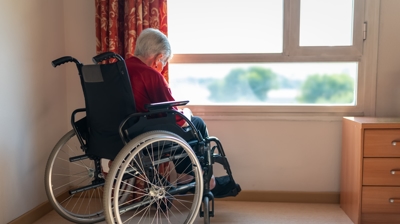Dolores Drury, a 59-year-old resident of University City, Missouri, like many people, began experiencing some of the typical aches and pains of aging. So, in 2003, she began seeing a chiropractor who sold her Chinese herbal supplements and directed Ms. Drury to meet with Zhengang Guo, an acupuncturist and Chinese herbal supplement company owner and distributor located in Chicago, Illinois. At Guo’s direction, Dolores Drury took an herbal supplement made by his company, Life Rising Corporation, called DSN-2. Dr. Guo informed Ms. Drury that this Chinese Herbal medicine would help alleviate some of her discomfort.
Ms. Drury took the supplement for 2 years, until one day she noticed she was out of breath while walking up a flight of stairs. Ms. Drury’s doctor conducted blood work and noticed her kidney function was down. After seeing several specialists, it was determined that Ms. Drury’s kidneys were rapidly failing. With no family history of kidney failure and very few risk factors, the doctors performed several tests and biopsies to determine the cause of Ms. Drury’s kidney failure. Ultimately, the testing, as well as the rapid decline in Ms. Drury’s kidney function, led them to conclude her kidney failure was the result of Chinese Herbal nephropathy. Chinese herbal nephropathy is typically caused by the ingestion of a toxin called aristolochic acid, commonly utilized manufacturing in China, but not permitted in the United States.
Unfortunately for Ms. Drury, there was no saving her kidneys, and she underwent a kidney transplant in late 2007. After the transplant, initially Ms. Drury’s health returned to normal. However, individuals suffering from Chinese herb nephropathy are at risk for developing bladder cancer, as well. In 2010, Ms. Drury developed bladder cancer and had to undergo radical surgery. Before the bladder cancer, she also developed breast cancer, which was not related to the Chinese herbs. Finally, in 2011 Ms. Drury developed a final cancer that ultimately claimed her life. At trial, Plaintiffs argued that her immunosuppressive medication regimen necessitated by the transplant increased Ms. Drury’s risk of developing this final cancer.
Plaintiff’s attorneys Mark Niemeyer and David Grebel tried the case over 6 days in Cook County, Illinois. After two hours, the jury returned a verdict of $3,817,228.28 in favor of Plaintiffs.







